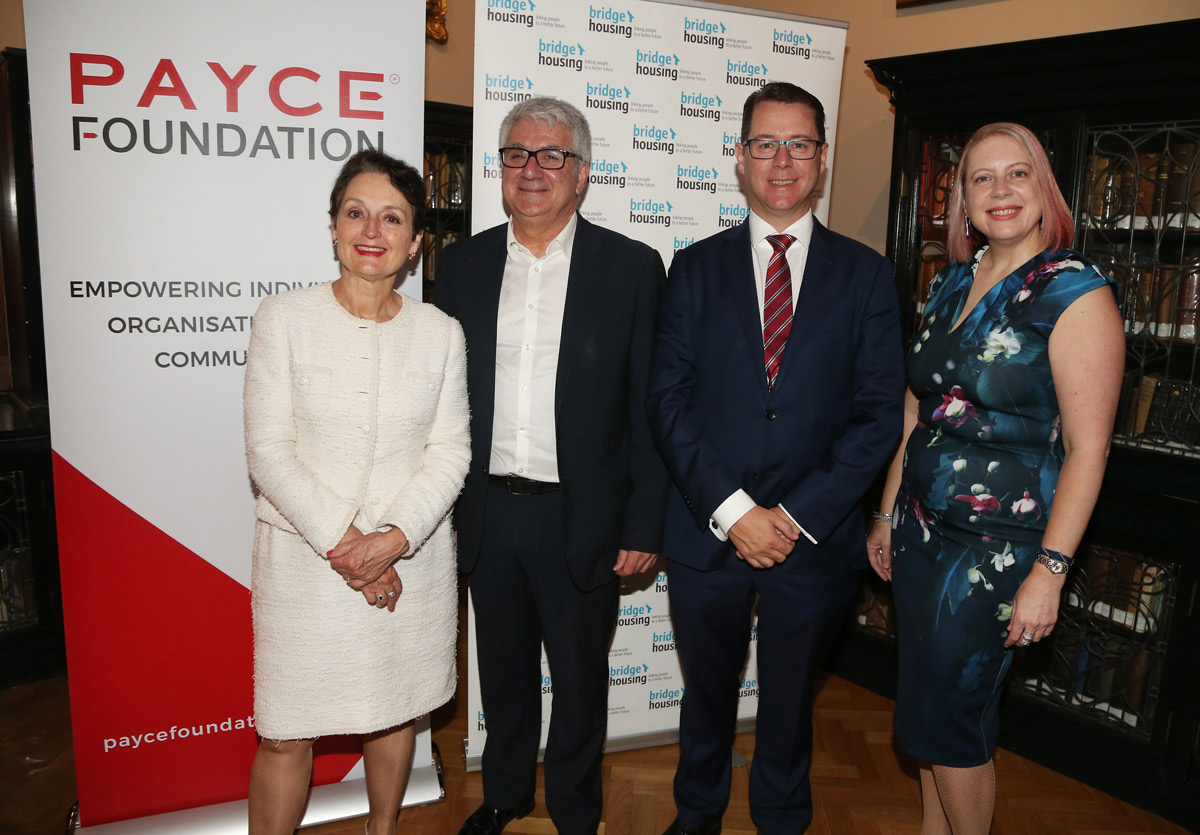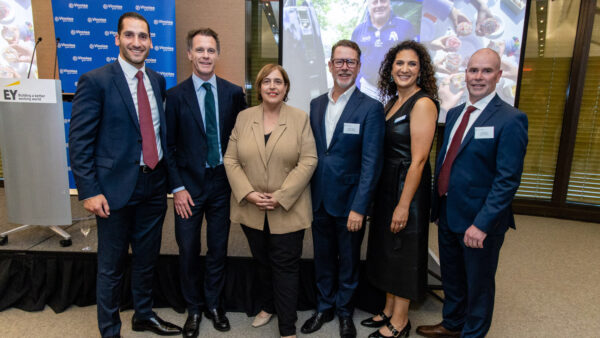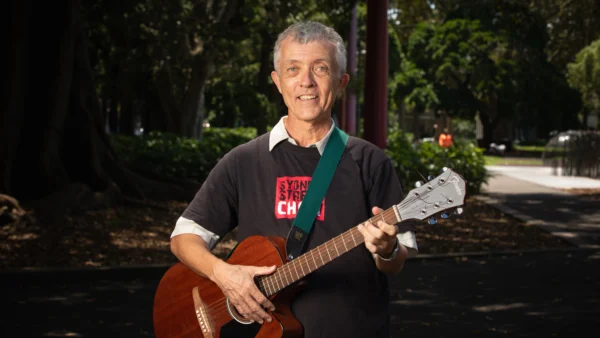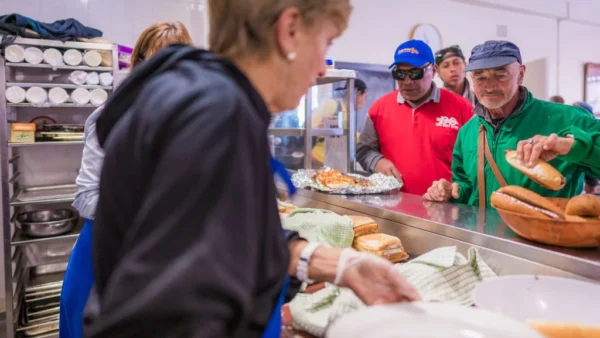New Transitional Housing Project Launched
An innovative tri-partite partnership between leading property development and investment company, PAYCE, community housing provider, Bridge Housing Limited and Women’s Community Shelters will provide transitional housing for women and their children who have been subjected to domestic violence or homelessness.

The Pathways Home project will offer intermediate tenancy accommodation and support services for those vulnerable women and children currently in emergency shelters.
The project was today launched in Sydney by Prue Goward, Minister for Family and Community Services, Minister for Social Housing and Minister for the Prevention of Domestic Violence and Sexual Assault.
Pathways Home aims to provide those women and children who had been in crisis accommodation after experiencing domestic violence with a stable, safe and secure home environment in order to recover and rebuild their lives. PAYCE Director, Dominic Sullivan said PAYCE would provide five properties in north-west Sydney and undertake modifications to ensure the properties were safe and comfortable.
“The PAYCE Foundation will provide seed funding for the Pathways Home Project Fund to support maintenance and other costs,” he said. “PAYCE is extremely proud to be a partner in this initiative, which is only possible through the shared commitment of our project partners, Bridge Housing and Women’s Community Shelters.
“The project is a wonderful example of community organisations working with the private sector to leverage philanthropy to develop affordable housing solutions for members of the community in vulnerable or needy circumstances.”
“Bridge Housing will provide property and tenancy management services and the Women’s Community Shelters, which currently operates crisis accommodation for women and children, will provide outreach support and also identify suitable tenants,” Mr Sullivan explained.
“Pathways Home addresses the problem of where women and children go to stabilise their circumstances after they leave emergency shelters and before they move on to secure permanent housing.
“Without assistance and support, there is a real risk that women will remain in a cycle of homelessness or be forced to return to a violent environment due to the lack of alternative accommodation.”
Mr Sullivan said homeless women and children will benefit from the transitional housing environment for up to 18 months and in that time a range of support services will be provided by Women’s Community Shelters.
“We plan to have the first beneficiaries’ transition from emergency shelters to the new tenancy accommodation and be settled well before Christmas,” he said.






